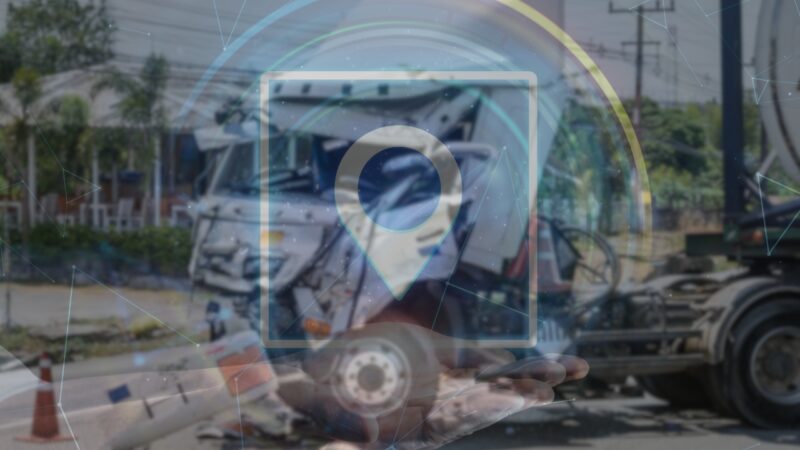Truck accidents often lead to severe consequences, including physical injury, loss of life, and significant property damage. In the aftermath of such accidents, determining the cause and assigning liability becomes crucial. Telematics and GPS data have emerged as valuable tools in investigating truck accidents.
These technologies provide detailed insights that can shape the outcome of lawsuits. Their role in courtrooms has grown over time, making them essential in proving or contesting claims related to truck accidents.
Lawyers, insurance companies, and investigators analyze this information to piece together the accident’s timeline, identifying crucial details that might otherwise be overlooked. Here read more information on how telematics and GPS data can impact your case.
How Telematics and GPS Data Support Legal Claims
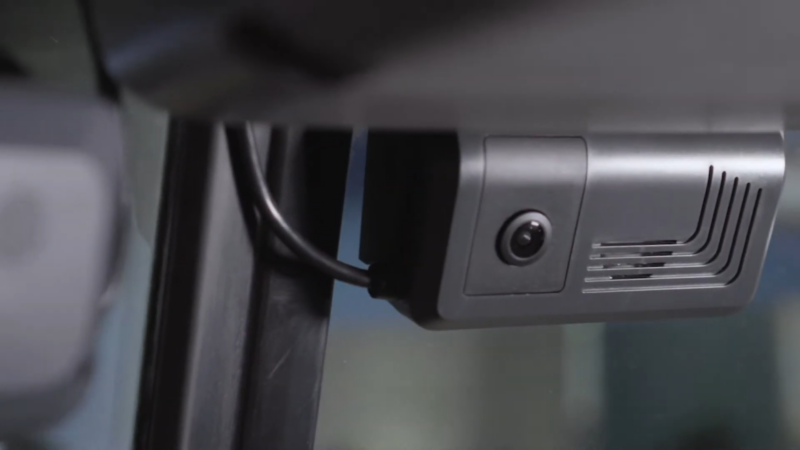
Telematics and GPS data play a pivotal role in supporting or disputing legal claims in truck accident lawsuits. For instance, GPS data can show the precise location of the truck at the time of the accident, confirming or contradicting the statements made by drivers or witnesses. Telematics data can reveal if the truck was speeding, braking harshly, or experiencing mechanical issues before the collision.
In some cases, this can highlight if the driver was fatigued or distracted, as telematics can track driving hours, sudden stops, and erratic behavior. These details can significantly influence the direction of a lawsuit, making it easier to establish fault or exonerate a driver from liability.
Proving Negligence
Negligence is a common factor in many truck accident lawsuits. Proving negligence requires showing that the driver or trucking company failed to exercise reasonable care, leading to the accident.
Telematics data can serve as evidence of such negligence. For example, if this reveals that the truck was traveling at an excessive speed, it could indicate a violation of traffic laws or company regulations.
Moreover, telematics can provide insights into the driver’s behavior before the accident. If the data shows that the driver exceeded their allowable hours on the road without rest, it could be a sign of fatigue, which is a significant contributor to accidents. This information can strengthen the plaintiff’s case, providing concrete proof of negligent behavior. On the other hand, it can also be used to defend a driver or company by demonstrating that all safety protocols were followed.
Protecting Trucking Companies
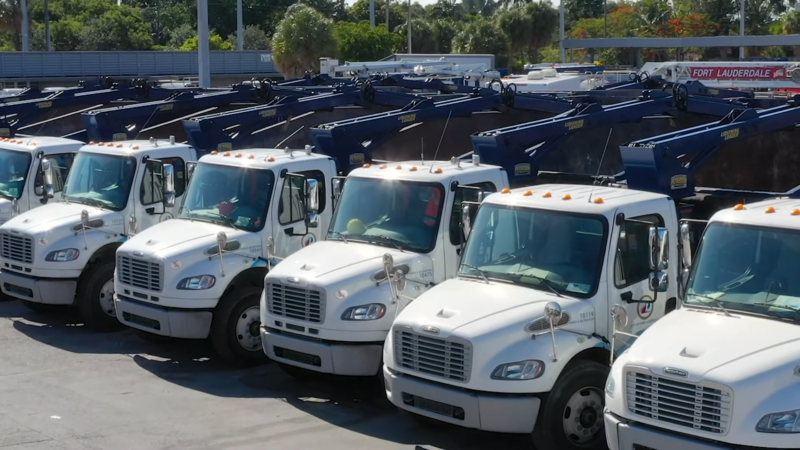
Trucking companies also benefit from using telematics and GPS data in lawsuits. These technologies can protect companies from unfounded claims or exaggerated accusations.
For example, if a plaintiff claims that a truck was speeding at the time of the accident, GPS information can verify the truck’s exact speed and location. This can help refute false claims, saving the company from unnecessary legal and financial burdens.
Telematics data can also demonstrate that the truck was well-maintained and that the driver adhered to safety protocols. If a lawsuit alleges that mechanical failure caused the accident, telematics can provide evidence of regular maintenance checks and the truck’s condition before the crash. This can shift the focus of the lawsuit away from the company, potentially placing responsibility on other factors, such as road conditions or the actions of other drivers.
Legal Challenges
While telematics and GPS data offer valuable insights, their use in court comes with legal challenges. The accuracy and reliability of the data can be questioned.
Opposing parties may argue that the data was tampered with or that the devices were malfunctioning at the time of the accident. Lawyers need to establish the credibility of the data, ensuring that it is properly recorded, stored, and retrieved.
Another challenge involves privacy concerns. Truck drivers might argue that the continuous monitoring of their actions violates their privacy rights.
Lawyers must navigate these concerns carefully, ensuring that the use of telematics data complies with legal standards and does not infringe on individual rights. Despite these challenges, the benefits of using telematics and GPS data in truck accident lawsuits outweigh the difficulties, as they provide crucial evidence that can clarify the events leading to an accident.
The Future of Telematics and GPS Data in Trucking
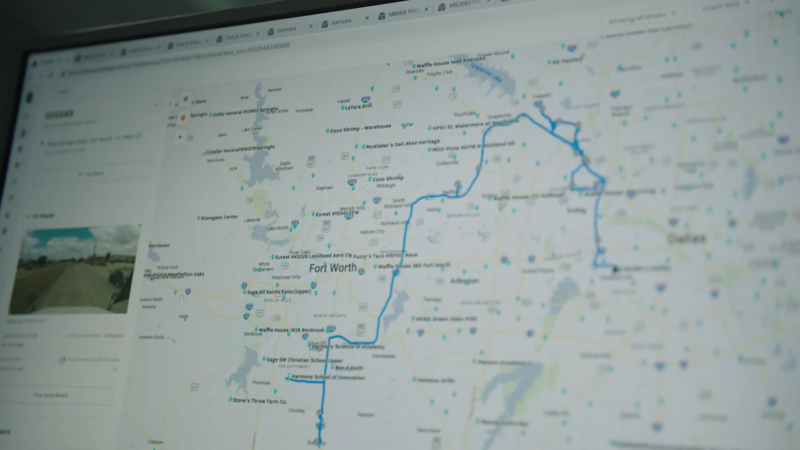
Telematics and GPS data are becoming standard tools in the trucking industry. As technology advances, these systems will likely become even more sophisticated, providing more detailed and accurate data. This will further enhance their role in truck accident lawsuits, making it easier to determine fault and assign liability.
In the future, telematics could integrate with other technologies, such as artificial intelligence, to predict and prevent accidents. For example, AI could analyze telematics data in real-time, alerting drivers to potential hazards or automatically adjusting the truck’s speed to avoid collisions.
This could reduce the number of accidents and the need for litigation. However, even as technology evolves, the fundamental role of telematics and GPS data in providing evidence and protecting legal rights will remain unchanged.
Conclusion
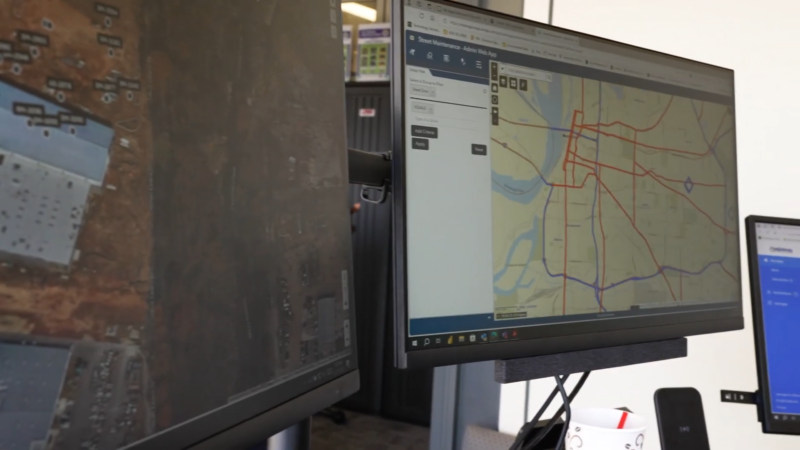
Telematics and GPS data have revolutionized how truck accident lawsuits are handled. They provide clear, objective evidence that helps determine the cause of an accident, assign fault, and establish negligence.
Both plaintiffs and defendants can benefit from this information, using it to support their claims or defend against accusations. However, the use of telematics and GPS data comes with challenges, including legal disputes over accuracy, privacy concerns, and potential information security threats that could compromise the integrity of the data.
As technology continues to evolve, the role of telematics and GPS data in truck accident lawsuits will only grow. Their ability to provide detailed insights into accidents makes them indispensable in the courtroom. Lawyers, trucking companies, and drivers must understand how to use this information effectively, ensuring that it serves as a reliable and accurate source of information in legal proceedings.
For anyone involved in a truck accident, having access to telematics and GPS data can make a significant difference in the outcome of their case. It is essential to work with legal professionals who understand the intricacies of this information and how to use it to build a strong case. Whether you are seeking compensation for injuries or defending against a lawsuit, telematics and GPS data can be the key to achieving a fair and just resolution.

